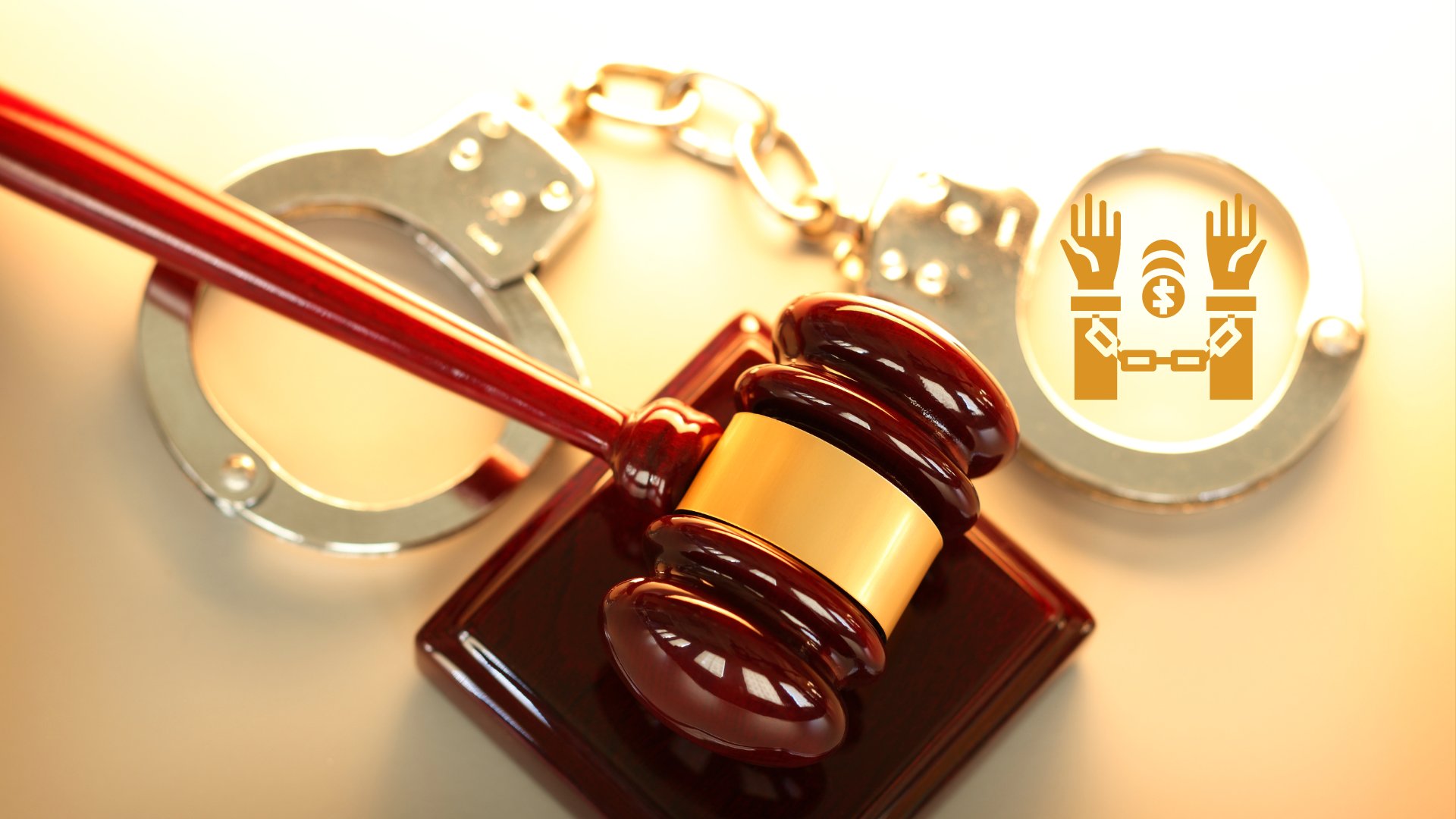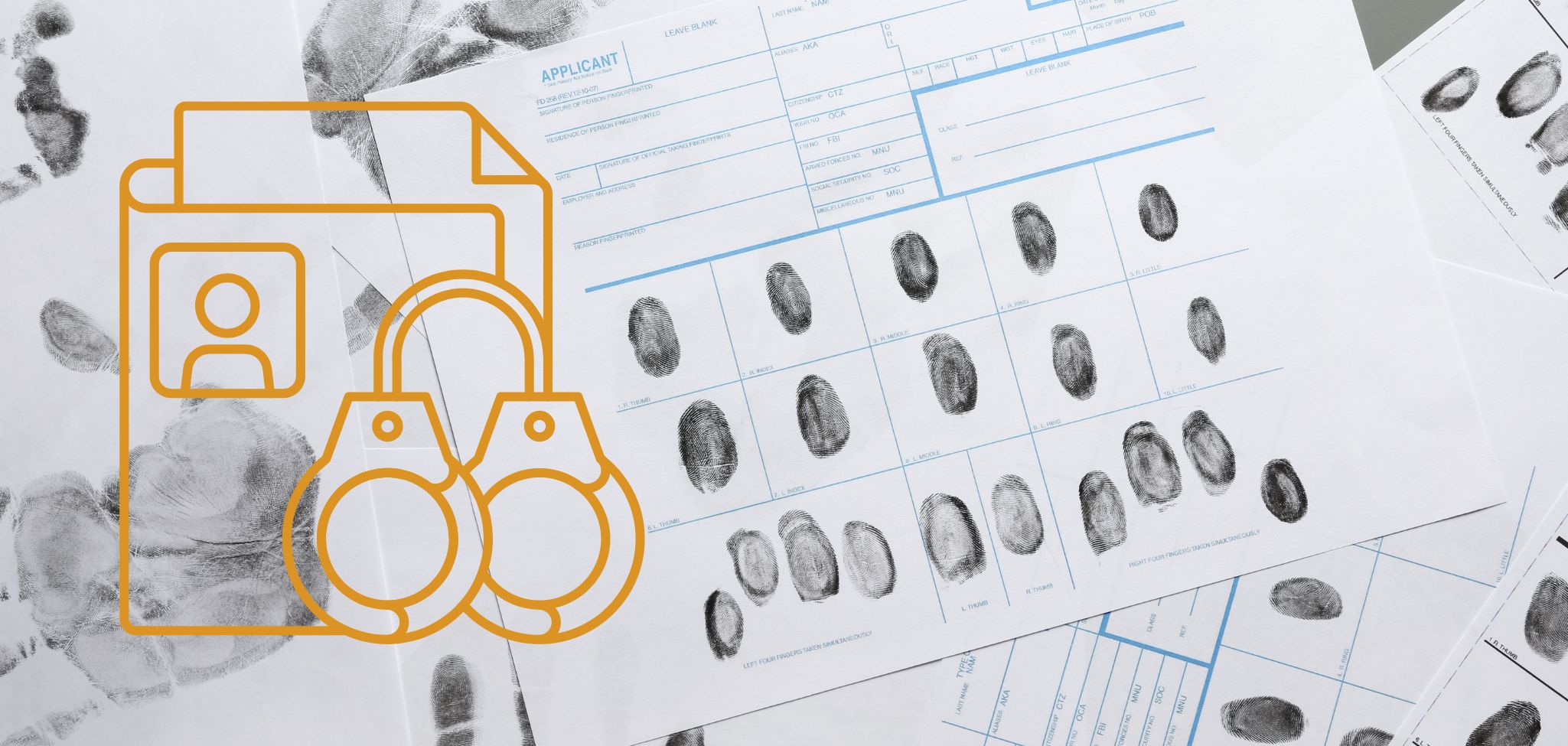Bail applications are a tricky task as there are so many factors that need to be considered. Some people apply for bail several times before it is eventually granted and others will never be granted bail no matter how many times they try.
Speak to a lawyer today
There are criminal appeal processes or bail justice processes in the event they are required however a fully informed and legally represented approach to a bail application will often negate the need for a criminal appeal. Completing the process correctly the first time is key and you should always listen to the advice of your lawyer.
Below is a guide to appropriately applying for bail and examples of when it will and will not be granted.
How do I apply for bail?
Applying for bail can be done through a physical application being filed with the court or you can make an oral application for bail. There are two different courts where bail applications may be heard; the local court (also known as the district court or Magistrate’s court) and the Supreme court. The local court hears matters relating to summary offences whereas the Supreme court deals with matters relating to indictable offences. Due to the nature of offences you are more likely to be granted bail in the local court than the Supreme court.
If you have obtained legal advice, your lawyer will likely make the application for bail on your behalf. They will then speak to the factors which support the bail application. In many instances it can be helpful to include a set of bail conditions in your application that you are willing to abide by. This will demonstrate to the court that you have an understanding of the serious nature of your situation. These will be explored more below.
Do I really need to be Legally represented?
As a general rule, you should always obtain legal advice before representing yourself at any stage of the process. Criminal law is a complex area of law that is subject to complex legislation. A criminal lawyer is best positioned to assist you with the process and to advise your chances of success.
If you do not wish to engage a criminal lawyer to assist you, you can contact the National Legal Hotline for assistance. The hotline is comprised of a team of lawyers who provide initial advice over the phone. This advice is immediate but it will not be ongoing past the initial conversation.
There are free legal advice services in most states however they are often similar to the hotline in that they will only offer initial advice and not ongoing representation. They may however be able to assist with the bail application process depending on how complicated or involved the process is. Generally speaking, if further application is needed or further assistance, you will need to engage representation who will assist you for your whole case.
What factors will be considered when applying for bail?
When applying for bail first and foremost, the circumstances of the offence will be considered to assess whether the individual should be eligible for bail. It may not be appropriate to consider a bail application if the individual is a risk to the community or a specific individual.
Following this, the following applies;
- Personal circumstances (family, children, work);
- Previous convictions (criminal record);
- Whether you have previously been subject to bail and breached your conditions;
- Medical conditions or treatment;
- Exceptional circumstances.
When considering an individuals personal circumstance’s, the court looks to factors such as children or family life. If the accused has children and there is no one else to care for them, this may support a bail application being granted. Alternatively, the accused person may be a carer for an elderly family member and that person’s only option for care. The accused person’s work commitments may be such that they are an essential person and therefore they are required in their field. All these factors will be considered.
An accused person’s prior convictions or criminal history will be considered, firstly to determine whether this a first offence or not and second to determine if the accused is a repeat offender. A first time offender will always have a stronger chance at success than a repeat offender.
Speak to a lawyer today
A really critical factor for assessing your chances of success is whether you have been subject to bail previously and how well you complied with your bail conditions. If you have breached conditions previously then there is no confidence for the court that you will not do so again. If you have been subject to bail previously and abided by all conditions then your chances of success would be stronger.
The accused may be subject to medical care or treatment that cannot be adequately provided for if they are incarcerated. This would be in special or exceptional circumstances as most prisons cater for a range of medical conditions however, it is a factor that would be considered depending on the situation of the criminal offence.
Other exceptional circumstance’s have been highlighted above because there are too many to nominate. The above are the usual factors to be considered however every individual is different and factors to be considered will be unique to them.
As an act of faith, you may offer your own undertaking to the court as a means of demonstrating your remorse and understanding of the seriousness of your actions. This particular course would only be appropriate in the case of less serious offending.
Case Study
The current alleged incidents relate to serious violence as a result of family law proceedings and the alleged victim of Jacob's offences is his wife. Jacob's lawyer highlights that there would be a concern of reoffending based on the fact the family law matter is still proceeding.
The court is ultimately unconvinced that Jacob is a good candidate for bail. Previously Jacob has breached his bai conditions 5 times and have shown no understanding of why this is inappropriate. The court also notes that the victim in the previous matters was also Jacob's wife and that there would be a risk to her safety if Jacob was to be released on bail.
Jacob's application for bail is rejected.
What bail conditions may i be subjected to?
There are a series of bail conditions which you could be subjected to however they will always be individualized to the specific circumstances of your matter. Below is a list of common conditions;
- That the accused person must attend court on each occasion as directed;
- That they be subject to a curfew;
- That they be bailed to a specific address;
- That they be restrained from coming into contact with a specific individual;
- That they be restrained from entering certain areas;
- That they be prohibited from committing any further offences;
- That they be subject to random drug and alcohol testing;
- Compliance with a community corrections order;
- Etc.
Bail conditions are most restrictive when first allocated and then can be reduced as more time progresses. The person applying for bail needs to be aware of the above as freedom of this nature does not come without strings. It is not uncommon for police to make unannounced visits to check curfew compliance and residency requirements.
Random drug and alcohol testing will be at the direction of the court and a failure to comply with these requirements will result in a breach being recorded. The most severe bail condition perhaps however, is the requirement to attend court as directed. Failure to attend court may result in a warrant being issued for the accused’s arrest and this will result in bail being revoked.
Case Study
Claire's legal representative advises that she is a good candidate for bail based on her circumstances. In addition to Claire's children, Claire looks after her mother who is subject to palliative care. Claire's mother has no other care options.
Claire is willing to agree to conditions which provide that she has a curfew of 9pm until 7am at her own residence and that she is not to consume any alcohol while she is on bail. She also agrees to weekly check ins at her local police station each Friday.
The court grant bail for Claire and impose all the conditions she highlighted in her application. Claire's lawyer had spoken with prosecution already to negotiate what conditions they could put in place so they would support the application for bail.
What is an unacceptable risk?
If an individual is deemed to pose an “unacceptable risk” then they are determined to pose a risk to either a specific individual, group or the wider community which the court feels they cannot provide protection against. This would mean the person could not be put back into society for fear they would either re-offend or escalate their behavior.
This is particularly relevant in instances of extreme violence as the escalation could cause a result occasioning grievous bodily harm and/or death. It would be inappropriate for the court to grant bail under those circumstances.
It is the job of the accused through their legal representation to try and convince the court that either the risk does not exist or that the risk can be mitigated somehow. This is where electronic monitoring and house arrest has proven effective.
Aren't people supposed to be innocent until proven guilty?
The general premise of criminal law is that individuals are presumed innocent until they are proven guilty in a court of law. The reality is however that risk often needs to be outweighed and in many circumstances, the evidence against the accused may be considerable. It is accepted that until that weight is tested through a trial or court process, it is not a determination of fact but the court need to weigh the safety of may against the discomfort of some.
Speak to a lawyer today
In situation such as serious assaults, murder charges, rape charges, etc, it would no be appropriate to take the chance that the person may not be guilty and risk the safety of the wider community. The evidence required to charge people with such offences in the beginning is high and there would always be something backing up the allegations initially.
This is essentially why the bail system exists in the first place.
What is a community correction order?
A community correction order is a type of bail whereby individuals are not sentenced to jail but rather transferred into the custody of a community corrections officer. The officer will have weekly check ins with the accused and place them under strict conditions and programs. It is a rehabilitative process whereby the accused is linked with services to assist their growth.
If a community corrections order is breached then usually, the accused will be remanded until the matter can be dealt with. A community corrections order is an alternative sentence in most circumstance and a finding of guilt is usually found before the order is put in place.
Case Study
April's lawyer makes a bail application and argues that she is remorseful for her actions ad that she will suffer unduly if she remains remanded. April suffers from chronic pain and mental health conditions which is why she was purchasing drugs when the assault occurred. The woman she was buying the drugs off tried to ask for double the original sale price in exchange for the drugs and April felt this was unfair. She understands that her actions were not reasonable or justified. April claims self defence however this is so far unsupported.
Despite April's bail lawyers making a good case for her, this is the third time April has been charged with assault and she was convicted on the last two occasions. The court refuses bail.
What does bail mean?
Bail means that an accused person is released on their own merit and trusted not to either commit further offences or be a risk to the community. The threshold for this is based on there not being an unacceptable risk to the community by the standards of a reasonable person. The legislative framework for this can be found in the Bail Act and the Crimes Act.
An application for bail is an individuals choice and there is no right to bail. Bail decisions are at the discretion of either police or the court depending on the circumstances and what custody the accused is in. If the court refuse bail, you will need fresh evidence before you apply again.
What is police bail?
Police bail occurs when an individual is arrested and then released on bail without having to apply for it through the court. A court hearing is not required for this type of bail and a police officer can place conditions which are relevant to the criminal offence that has been committed.
The accused will still need to be processed at the police station and the police officer will need to provide paperwork detailing the conditions and the requirement to go to court if that is required. The accused will also be notified of which court their matter will be heard in; the Magistrates court or the Supreme court.
Speak to a lawyer today
If police grant a person bail they may seek that they provide a bail undertaking that they not re-offend or disappear. It is important that the person attends court (usually the Magistrates courts (local court) in this circumstance)otherwise a warrant will be issued for their arrest. In the event this is necessary, it will likely remove the ability to apply for bail a second time as they will be deemed a flight risk.
Police can refuse bail however and bring the accused person before the court immediately for their legal matter.
What if I am refused bail?
If you are refused bail then you will remain remanded until your matter is determined, Bail can be reconsidered depending on your personal circumstances however it is usually not a matter lawyers recommend re-applying for. In most instances, there is a risk that the court will become frustrated as they will perceive a lack of understanding of the nature of the serious offence.
Of course there may be allowances made in exceptional circumstances or where the accused personal circumstances, including health and family, change or modify due to circumstances beyond their control. If you are granted bail, you will likely be subject to restrictive conditions as a result and your bail application should address this.
There is also the potential to be granted bail on a temporary basis, i.e. so that you can attend a funeral, see a sick relative, etc. This is called, temporary release. This bail term may only be a matter of hours or days. Your bail application in this instance should address how it is proposed this period of time will be safe for the community. It may be that you are granted bail to attend a specific location and you must be escorted or accompanied by a surety.
There are certain offences however where bail will not be considered. These include serious criminal law offences of murder, sexual assault, etc where the unacceptable risk to society is likely unable to be minimized or controlled. Granting bail in these circumstances may place the community at increased risk. These matter will be solely heard in the Supreme Court and would be subject to Supreme court bail applications and Bail Act guidelines.
All bail applications need to made with the understanding that they can be refused and/or subject to conditions which are restrictive. The ultimate goal for the court is to reduce the level of unacceptable risk to the community.
Case Study
Kade has sought an urgent bail application after being taken into custody over the weekend. He has sought that the free legal service in NSW assist him with his bail application as they are able to represent him for just that application. If he wishes to make a further application, h will need to engage a different lawyer. Kade has been granted bail twice previously, however given his breaches, he has also been denied bail on his last three court dates for further offences.
Kade has offered to give a bail undertaking however it is unlikely this will be accepted. Ultimately, despite Kade's bail lawyers arguing his position, Kade is refused bail because he is considered unreliable and the risk is too great. Kade sought to rely on exceptional circumstances of his children having no carer after their mother was also remanded into custody, but the court is not convinced that he will not reoffend if bail is granted.
Kade's court hearing is given priority however so that his court case is finalized as soon as possible.
In a nutshell...
Bail applications are strongest when the accused person is a first time offender or subject to a weak prosecution case against them. It is important that when applying, the applicant understand the seriousness of bail and the conditions they may be subject to.
Though not covered above, an individual can seek bail application in the Children's court however the terms, conditions and requirements are better explained by a lawyer qualified in that area.
Bail application are complex areas of law and you should always seek legal advice at the first opportunity. Remember to seek advice from a qualified criminal lawyer or bail lawyer as they are experts in tehri field, a commercial litigation lawyer or family lawyer arguably may not hold the same requisite knowledge. When in doubt, consult the experts.

 (02) 8806 0866
(02) 8806 0866





